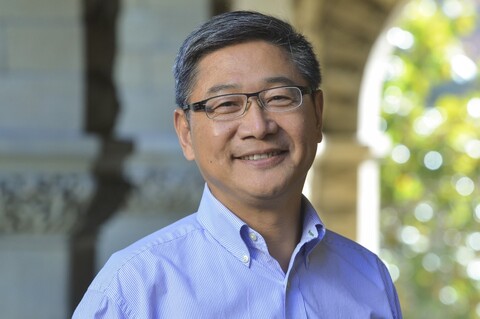
From the perspective of comparative institutional analysis, Zhou examines the historical origins of Chinese bureaucracy and state building in China. Zhou argues that Chinese bureaucracy took shape in response to two forces: the power of the absolute state and the differential mode of association in Confucian culture. As a result, the institutions of Chinese bureaucracy in history were characterized by the duality of hierarchy and patriarchy. This historical legacy has had a strong influence on the remaking of Chinese bureaucracy and state building in contemporary China.
Xueguang Zhou is a professor of sociology, the Kwoh-Ting Li Professor in Economic Development, and a senior fellow at Freeman Spogli Institute for International Studies, Stanford University. His book The Logic of Governance: An Organizational Approach (Cambridge University Press, 2022) summarizes his decade-long research on institutional practices of governance in China. Professor Zhou’s current research examines patterns of personnel flow in the Chinese bureaucracy and historical origins of the bureaucratic state in China.